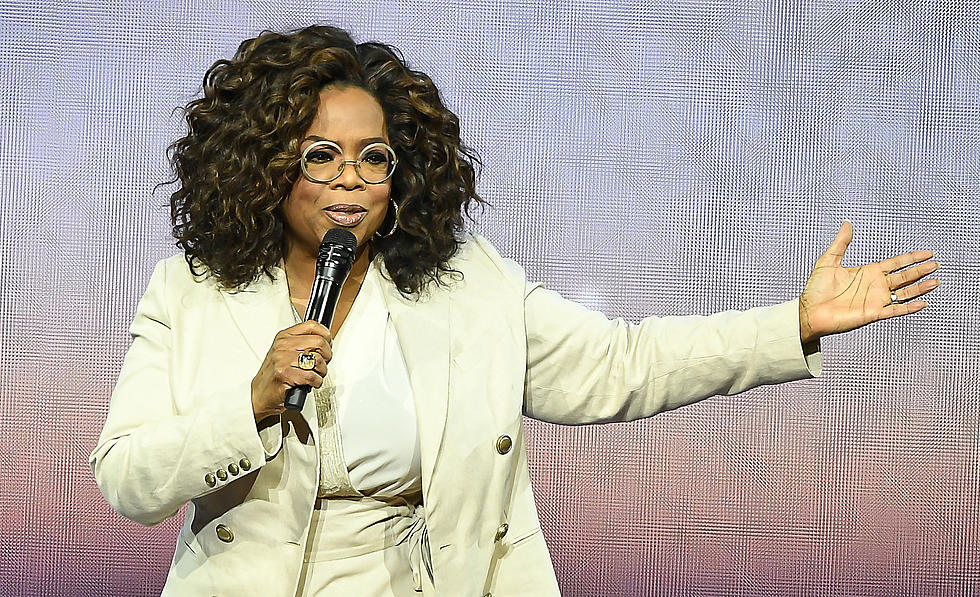
To Be Gluten-Free Or Not Be Gluten-Free — That Is The Question
First it was trans-fats. Then it was nuts. Then carbohydrates. The current food ingredient to avoid is gluten. In the last few years, the U.S. food industry has invested heavily in reformulating their products to strip them of as much gluten content as possible.
At first the trend was to help celiac sufferers.
[T]he National Foundation for Celiac Awareness...represents the small group of people for whom the growing variety of gluten-free foods is a godsend -- those with celiac disease or gluten sensitivities. Celiac sufferers' diets must be free of gluten, a protein found in wheat, barley and rye, while those sensitive to gluten should avoid it.
But celiacs and the gluten-sensitive make up only about 6 percent of the U.S. population.
At the same time, celebrities have latched themselves on to the gluten-free train in an effort to lose weight.
Celebrities have touted a gluten-free diet as way to lose weight and feel healthier. Big food manufacturers have started investing heavily, with General Mills leading the way.
Gwyneth Paltrow has talked about her cleansing regime -- several days free of caffeine, dairy products, processed food and gluten. Oprah Winfrey went on a no-gluten cleansing diet.
But is gluten-free healthy for those people who don't need to be?
[G]luten-free diets "can cause you to be undernourished or gain weight." Gluten-free foods also can contain less vitamins and fiber than their gluten-containing counterparts. And sometimes, fat, sugar and salt may be added to gluten-free products to help replace taste or texture imparted by gluten.
Plus, because of reformulation costs, gluten-free products on average are two to three times more expensive than their gluten-containing counterparts, according to the National Foundation for Celiac
More From KOOL 101.7







![How Is Bragg Liquid Aminos Good For You? [Recipe]](http://townsquare.media/site/150/files/2017/04/IMG_1640.jpg?w=980&q=75)

